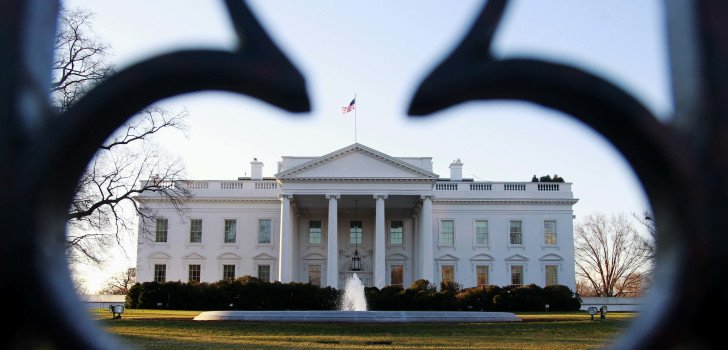Scientists excitedly announced Thursday they had discovered a very small and rare species of shark for only the second time in history. The last time they found one of the little sharks was over 35 years ago and none have been spotted since.
The species’ common name is the “pocket shark,” though its scientific name is the less interesting Mollisquama sp., according to the study which was published in the international journal Zootaxa.
While the sharks are actually small enough to fit in your pocket, it’s called “pocket” because of the distinctive opening behind its pectoral fin. The opening is one of many physiological features scientists hope to better understand.
“The pocket shark we found was only 5 and a half inches long, and was a recently born male,” said Mark Grace of NOAA Fisheries’ Pascagoula, Miss., Laboratory, lead researcher of the new study, who commented that the shark displayed an unhealed umbilical scar. “Discovering him has us thinking about where mom and dad may be, and how they got to the Gulf. The only other known specimen was found very far away, off Peru, 36 years ago.”
Interestingly, the specimen Grace discovered recently was not found in the ocean, per se; rather it was in the holdings of NOAA’s lab in Pascagoula.
The specimen was collected in the deep sea about 190 miles offshore Louisiana during a 2010 mission by the NOAA to study sperm whales. Grace uncovered the sample at the lab years later and recruited Tulane University researchers Michael Doosey and Henry Bart, and NOAA Ocean Service genetics expert Gavin Naylor, to give the specimen an up-close examination.
“This record of such an unusual and extremely rare fish is exciting, but its also an important reminder that we still have much to learn about the species that inhabit our oceans,” Grace added.




















